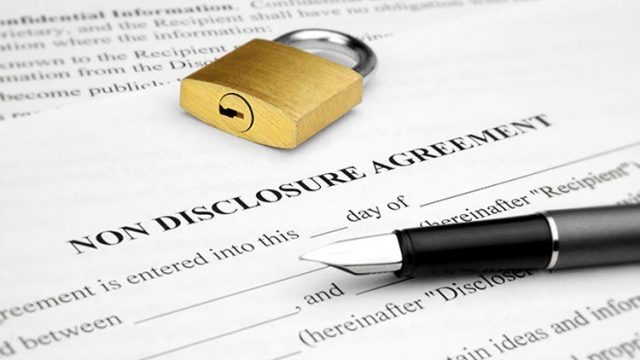Starting a new business can be an exciting time, especially if you’re finally doing something that you’ve dreamed of your whole life. However, there are also risks associated with building a business from scratch. Things can go wrong, your business can fail, and you might be liable for a whole range of costs that you hadn’t accounted for.
One of the biggest mistakes that people make when starting a new business is not separating their personal assets from their business. This means that if your business fails, your personal assets will be at risk. It’s always a good idea to speak to an experienced commercial lawyer like www.daviescolawyers.com.au to make sure that you’re using the best business structure for your circumstances, otherwise you could end up with all sorts of unforeseen problems.
Am I Exposed As A Sole Trader In Australia?
Unfortunately yes, you are somewhat at risk as a sole trader in Australia. While there are ways to protect your personal assets, failing to do these places everything you own at risk if you get sued or go bankrupt. There are a few simple things that you can do to protect your major assets, including:
- Make sure that things like your home and vehicles are in your partners name, not your own. This makes it less likely that they will be targeted if you’re facing legal action or financial problems.
- Keep your wealth in superannuation. If you’ve built up significant savings over the years, consider putting them into a superannuation account. Generally, super accounts are untouchable and can’t be claimed by litigators or creditors.
These simple actions offer some form of protection, but you can also go further and set up individual legal entities for your personal and business assets.
Continue reading “Are My Personal Assets Separate From My Business?”





